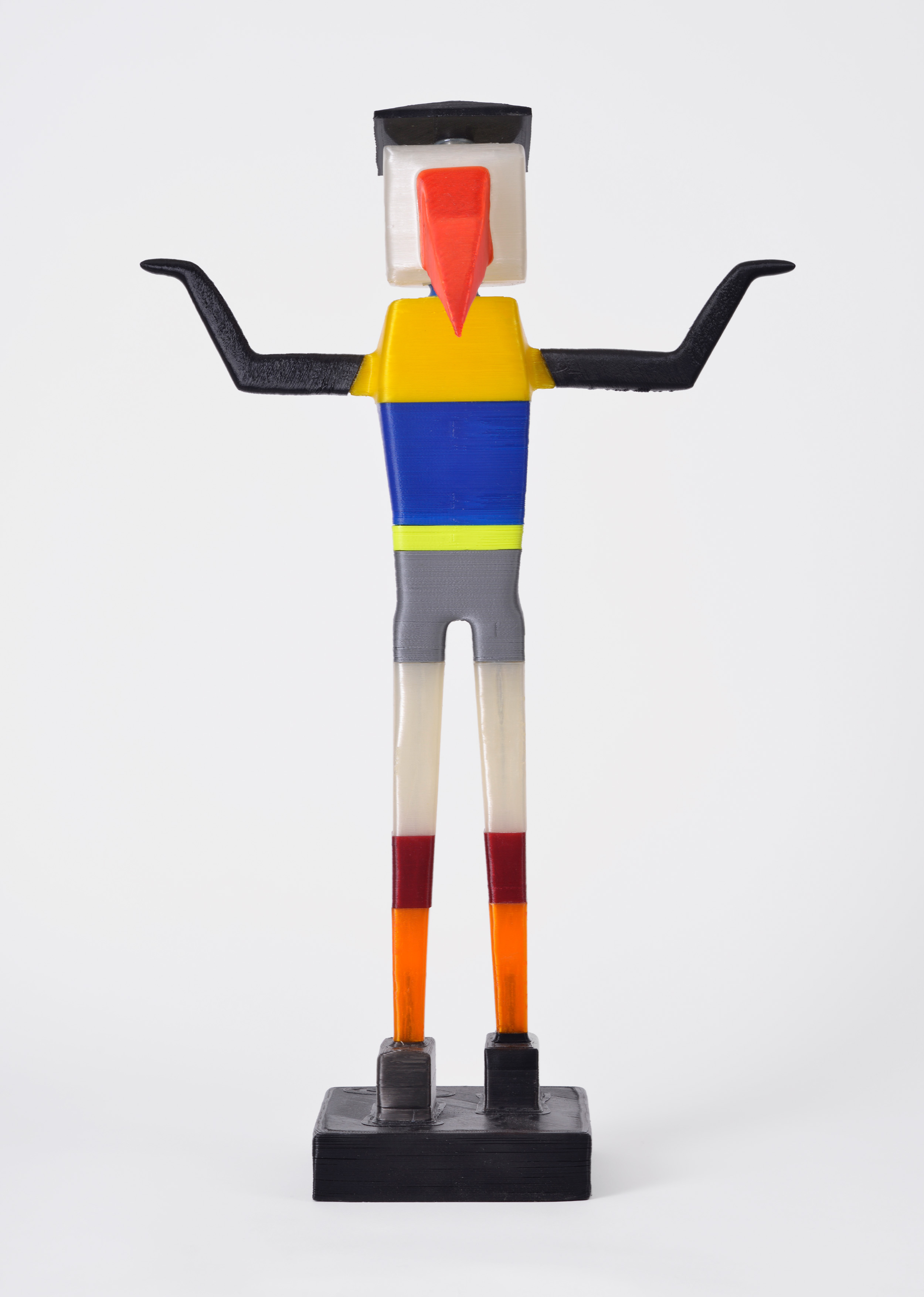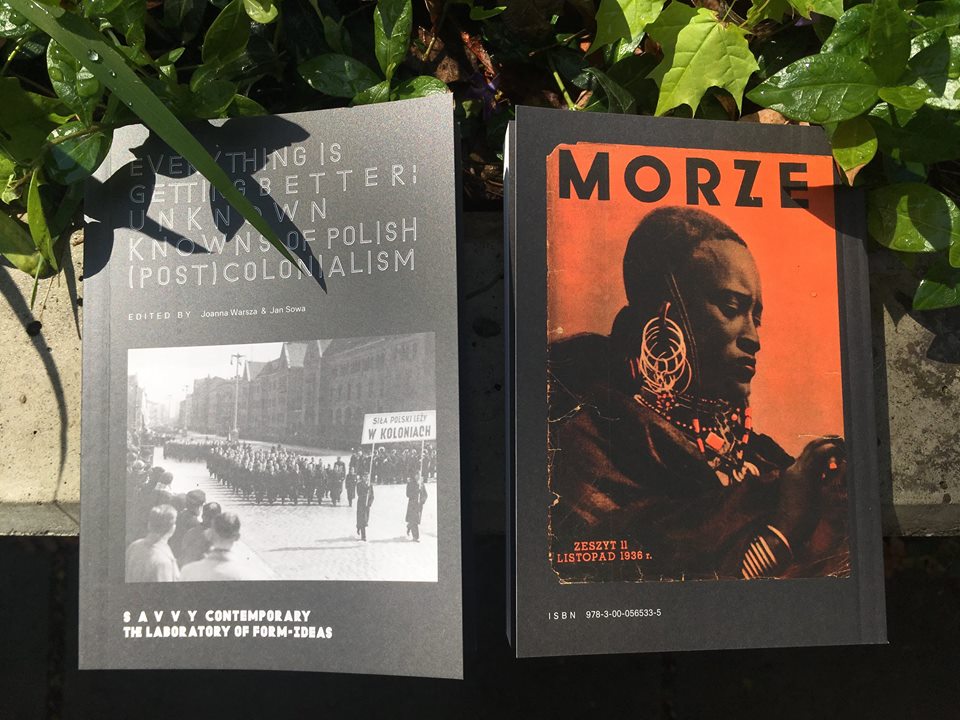Everything is getting better:
Unknown Knowns of Polish (Post)Colonialism
Exhibition 28.04.–04.06.2017 Thu–Sun 14:00–19:00
Opening 27.04.2017 19:00
With Agnieszka Polska, Emma Wolukau-Wanambwa, Janek Simon, Karol Radziszewski, Linas Jablonskis, Marek Raczkowski, Oleksiy Radynski, Slavs and Tatars, Tomáš Rafa, Zbigniew Libera, Zorka Wollny with Christine Schörkhuber (on El Hadji Sy), The Club of Polish Losers
Curation Joanna Warsza
Architecture Janek Simon
Curatorial Assistance Mirela Baciak
Symposium 28.04.2017 15:00–19:00
Curation Jan Sowa
With Andrzej Leder, Ekaterina Degot, Janek Simon in conversation with Ana Teixeira Pinto, Monika Bobako, Oleksiy Radinsky, Slavs and Tatars
Fee Suggested donation 3€/5€
In light of recent developments in Poland, you might have asked yourself what is in fact going on? Why have the government-fueled rhetoric of “rising up from the knees;” alienation from the EU; have an obstinate refusal of any critical self-examination and fear of the “other” gone mainstream?
The exhibition Everything is Getting Better: Unknown Knowns of Polish (Post)Colonialism and the accompanying symposium propose to reverse the trope of permanent Polish exceptionalism and victimhood (always torn between Germany and Russia) by casting a light on how colonial and postcolonial forces have navigated the territories of Eastern-Europe. As a hegemon of its own history, Poland pictures its expansionary reveries both in its immediate vicinity (Ukraine and Lithuania) as well as overseas, echoes of which can be found in the current right-wing political rhetoric. The backbone of the show is the timeline/chronic of the Maritime and Colonial League performatively staged by artist-cum-traveller Janek Simon, including a selection of worksfrom his exploration of cultural geographies of the country’s colonial legacy. In fact, Liga Morska – The Maritime League, created in 1930 to implement the colonies in Cameroon or Madagascar, continues to exist in its present guise as a Maritime and River organization.
A choice of works presented in the show expands, contextualizes, and footnotes the timeline. Emma Wolukau-Wanambwa engage with the history of Polish refugees evacuated to Iran during World War II, from where some fled onwards to Uganda, where they were housed in refugee camps.The collective Slavs and Tatars features a body of works on other orientalisms, led by an antimodernist trope of facing backwards, towards history, but moving into the future. A new film by Agnieszka Polska refers to Slavdom as analyzed by renowned scholar Maria Janion: a concept which on the one hand inadvertently brings Poles closer to Russia, while at the same time sharpening their aspirations towards Western universalism at the price of self-colonisation. Karol Radziszewski depicts the life of August Agbola O’Brown, a Nigerian-born jazz musician and combatant of the Warsaw Uprising; Zbigniew Libera imagines a moment of Polish troops cheerfully joining the US missions in Iraq in 2003; in a new film commission, Kiev-based artist Oleksiy Radinsky reveals the current mechanisms of Polish infrastructural protectionism towards Ukraine while Vilnus-based Linas Jablonskis drafts an imaginable scenario for Lithuania once dominated by Poland. Zorka Wollny creates a sound extension of paintings by El Hadji Sy about distress and death of migrants at sea. Marek Raczkowski, Tomáš Rafa and the Berlin Polish Loser Club – Klub der Polnischen Versager diagnose the current madness of a country, where political elites are again dreaming of Intermarium – a geopolitical federation of Eastern-European bloc led by Poland from Baltic Sea to Black Sea. The exhibition tells a story of the nurturing of the (post)colonial psyche of a neurotic country, superior and inferior both to the east and the west, where “everything today is changing for the better.”
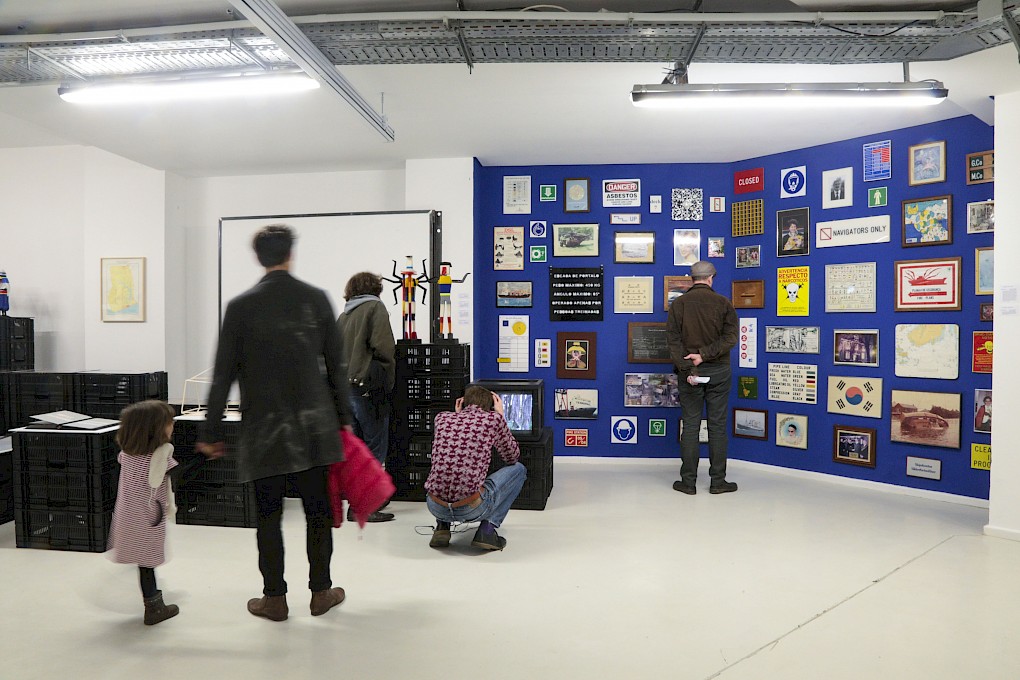
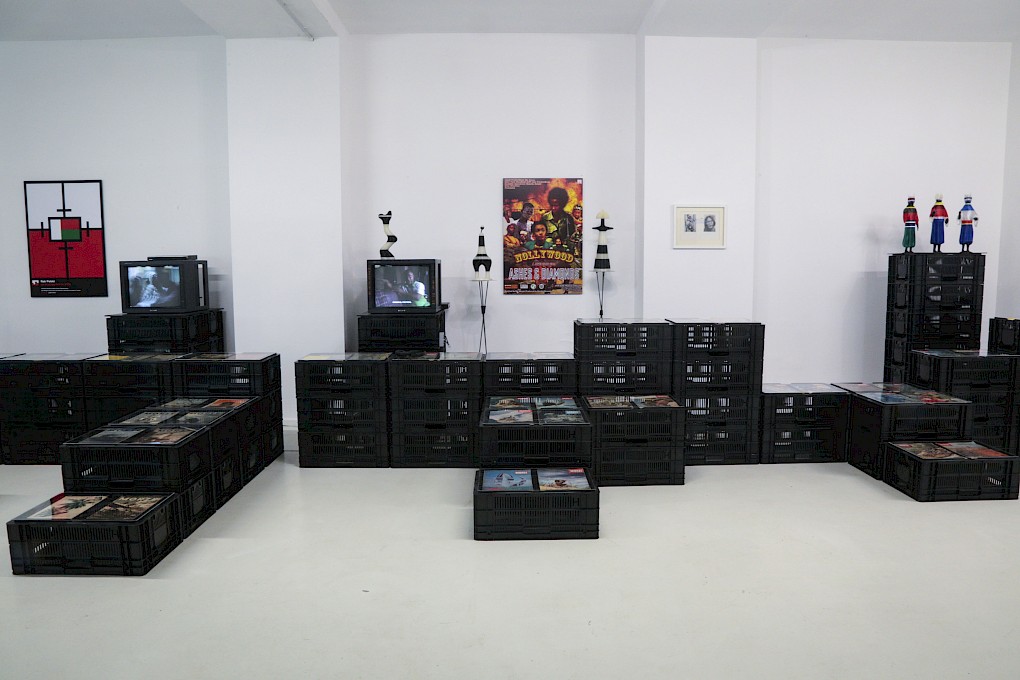
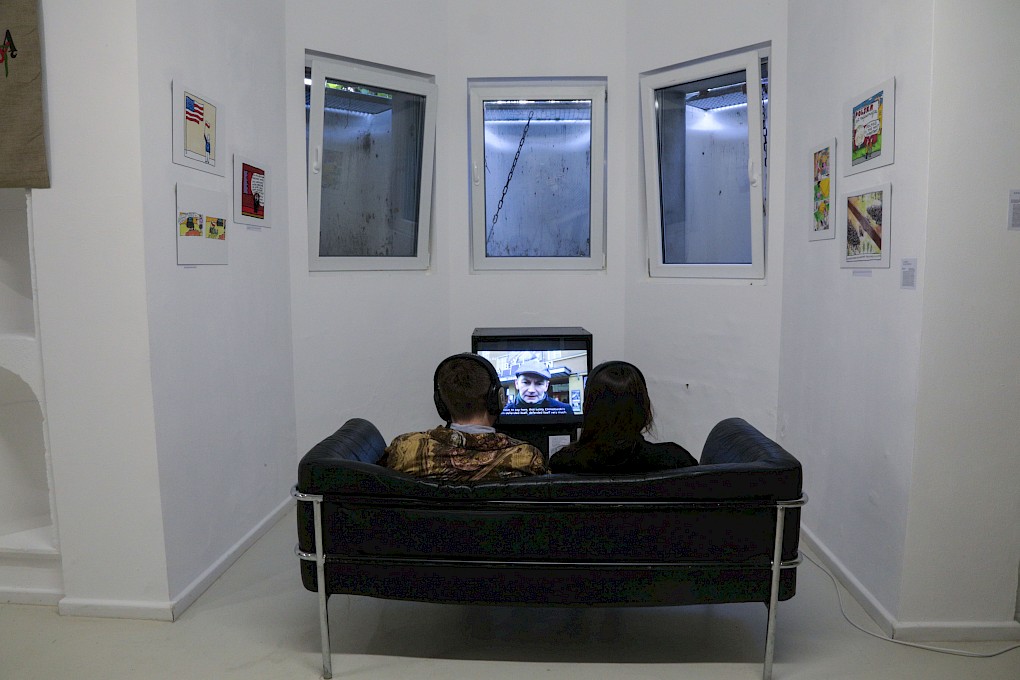
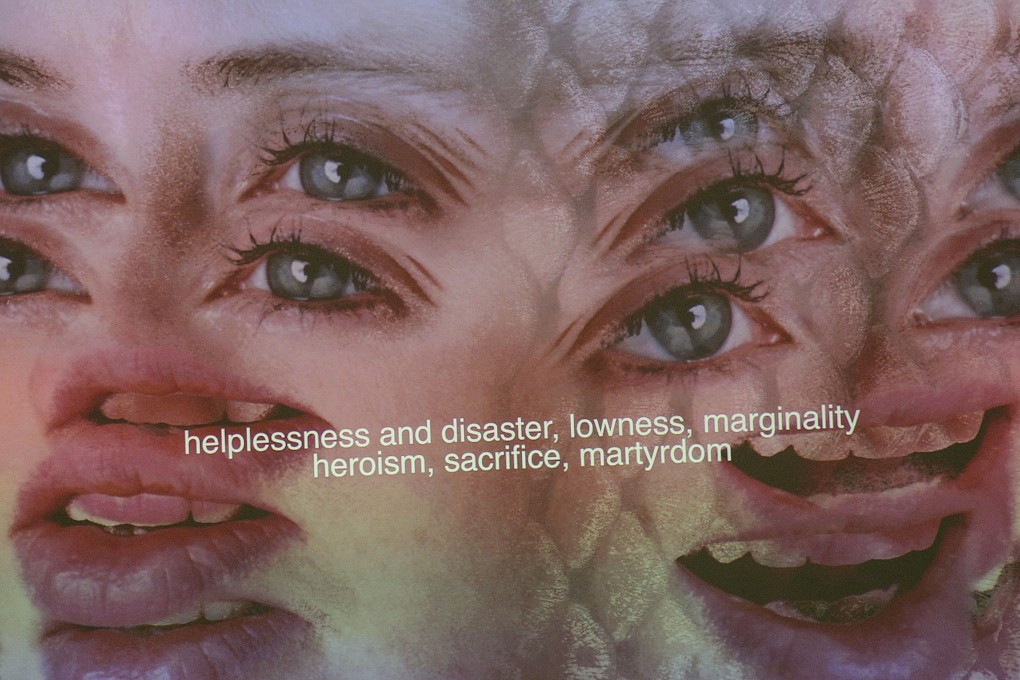
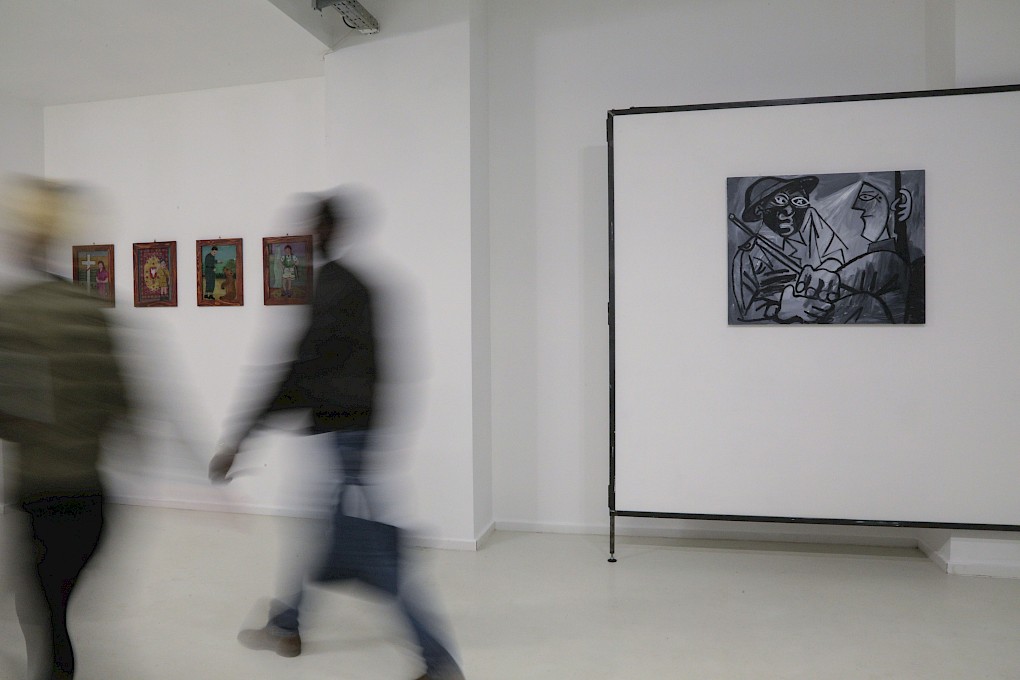
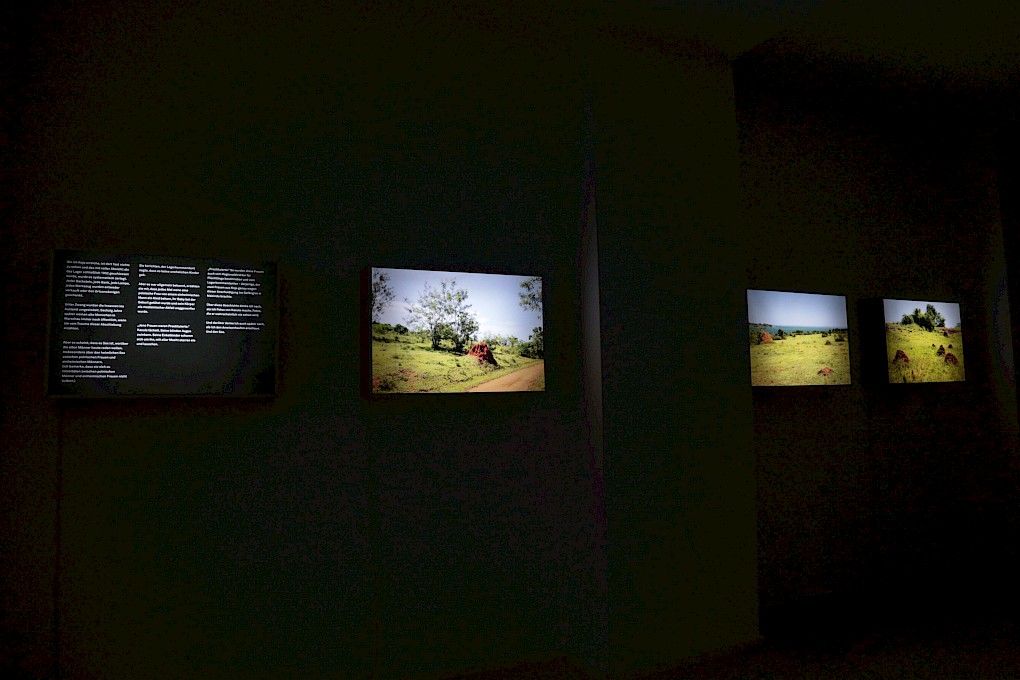
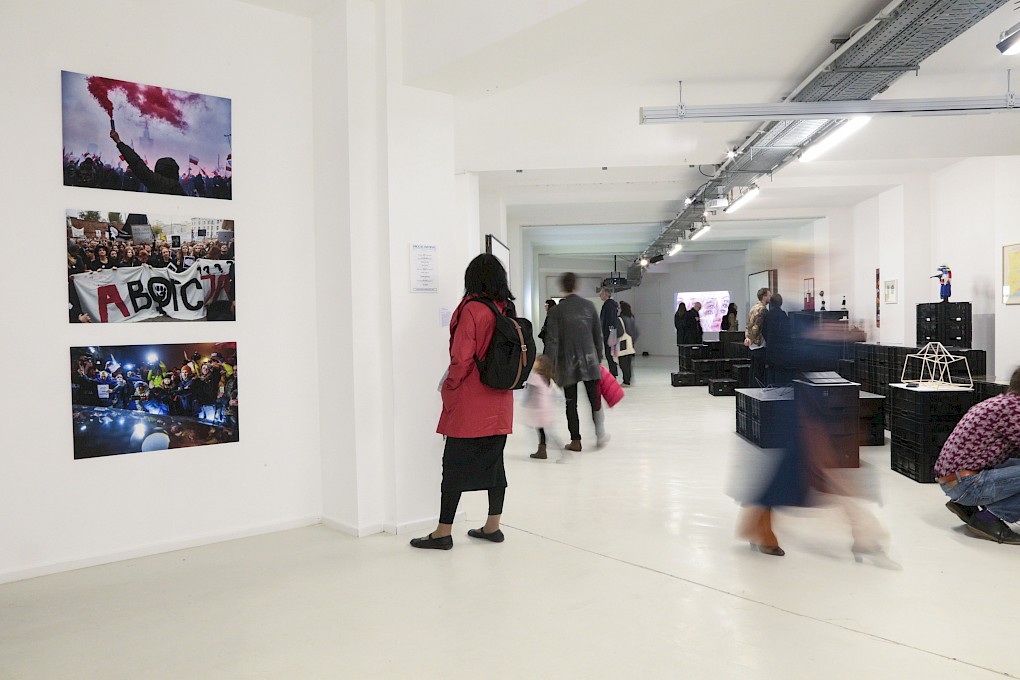
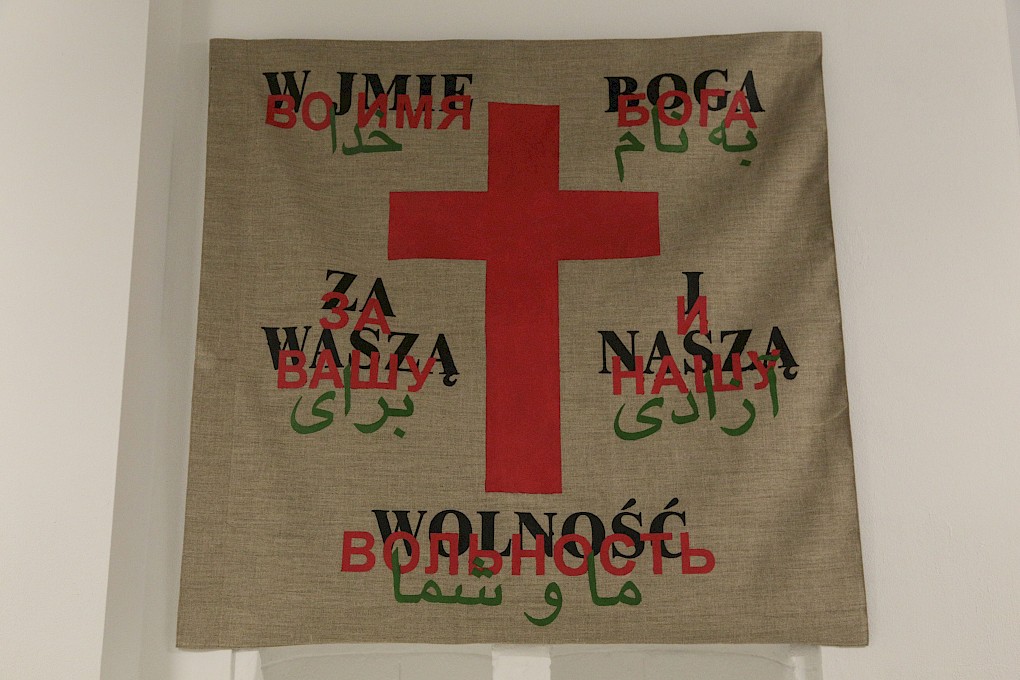
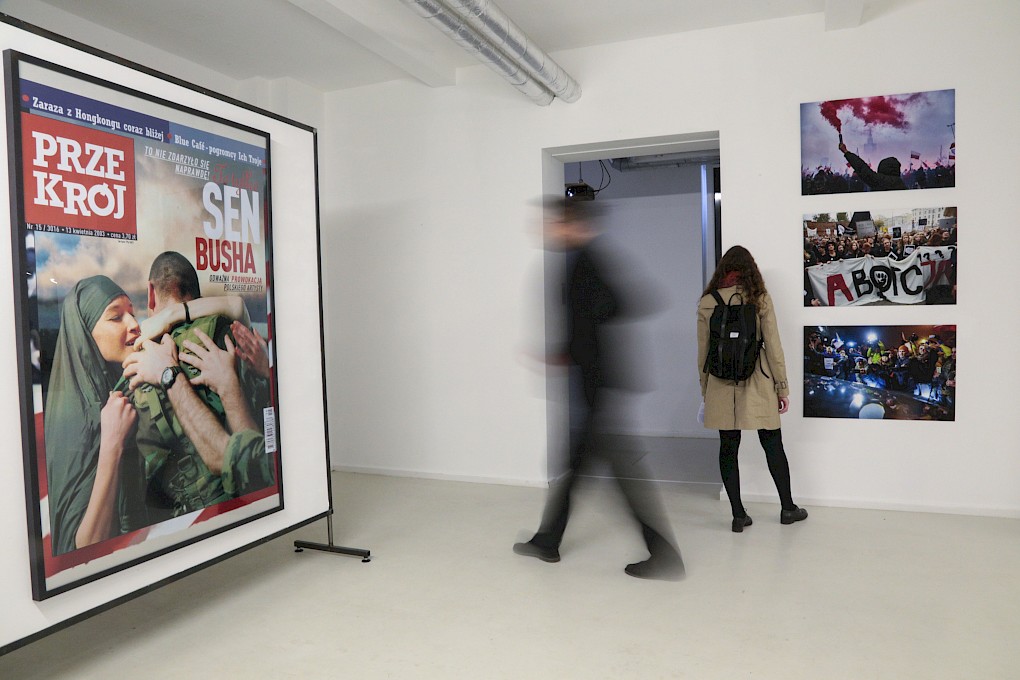
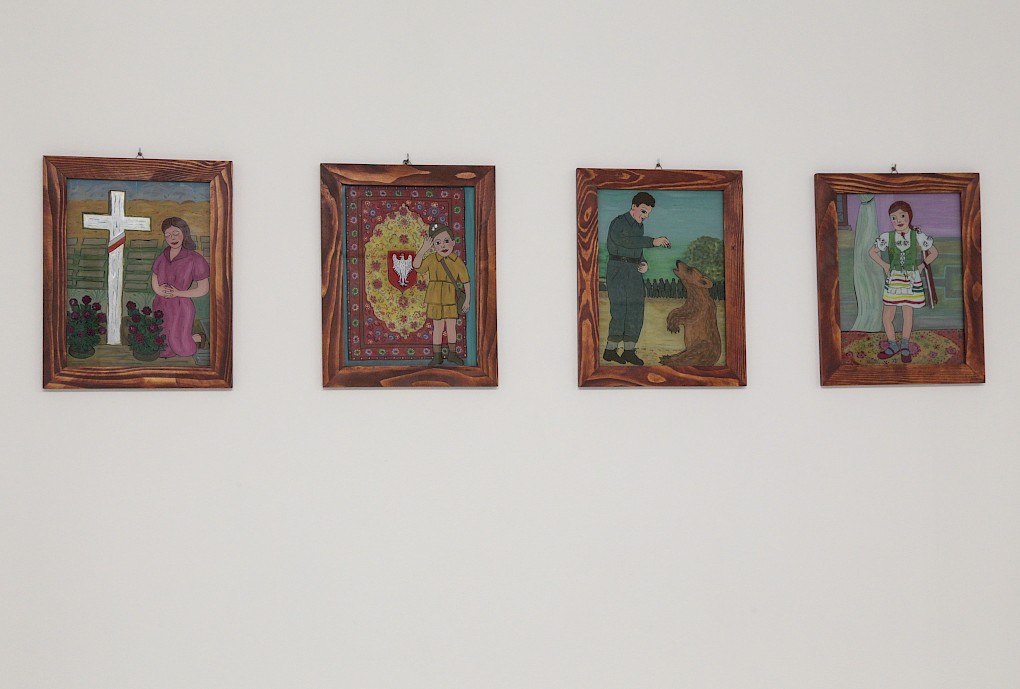
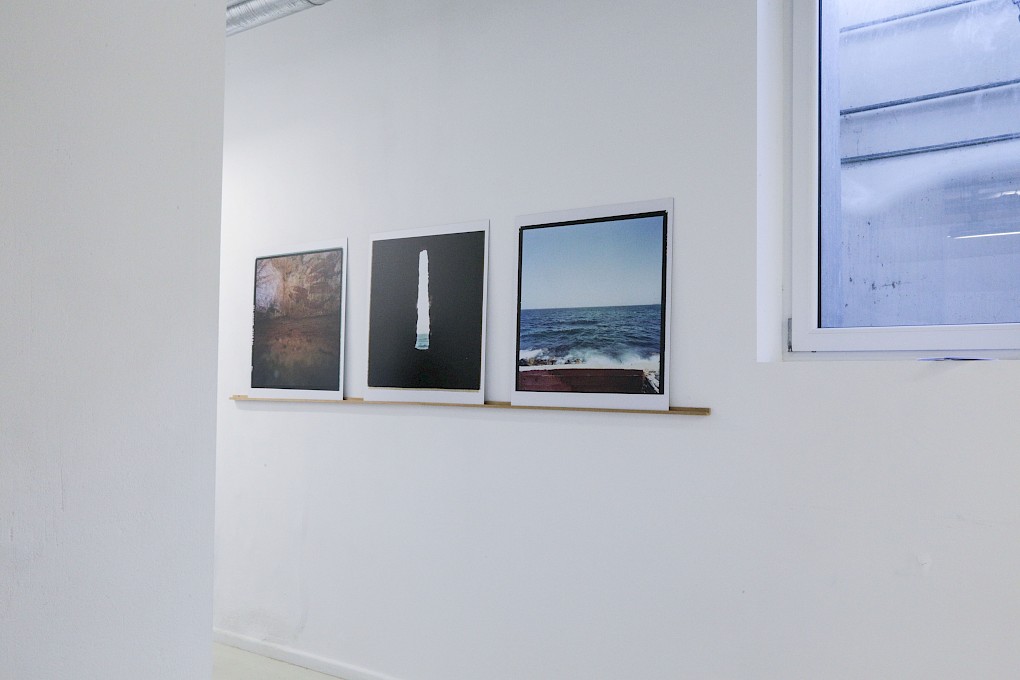
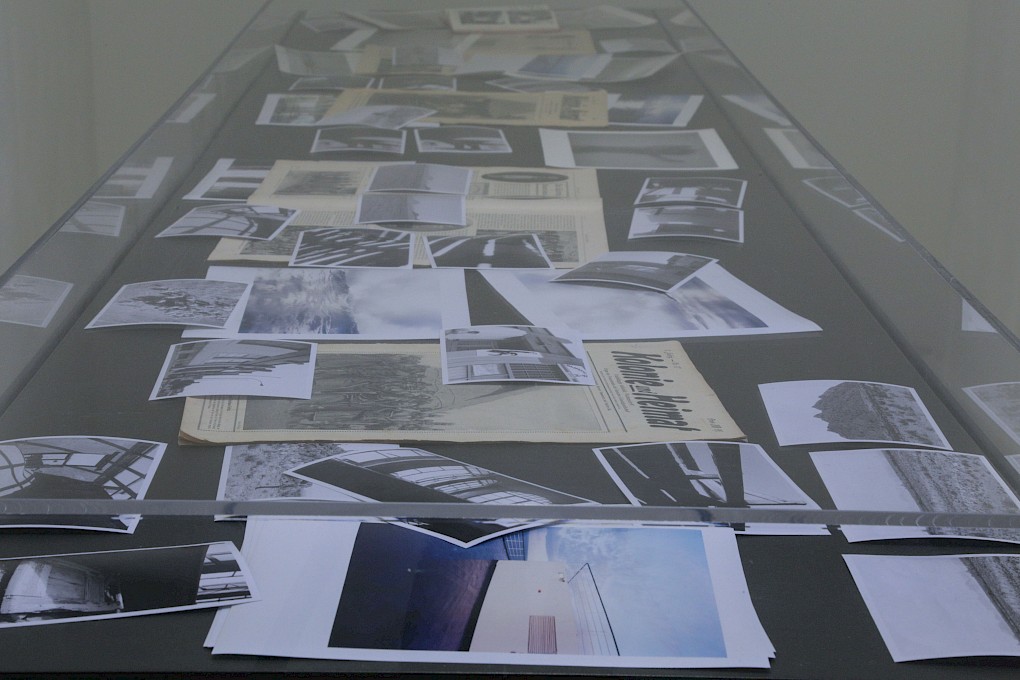
Förderung Diese Projekte wurde vom Hauptstadtkulturfonds gefördert

